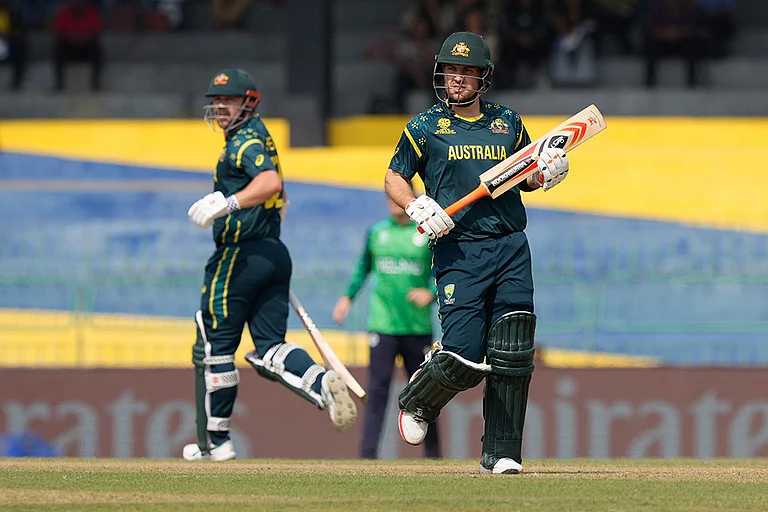The chief of the terrorist group Islamic State of Iraq and Syria (ISIS) Abu Hasan al-Hashimi al-Qurashi has been killed, according to reports.
The reports said the ISIS has named Abu al-Hussein al-Husseini al-Qurashi as the new ISIS chief.
The news agency AFP cited the ISIS spokesperson as saying that Al-Qurashi died in a battle. Though the exact circumstances of the death are not known.
Abu Hasan's death comes around eight months after its previous chief Abu Ibrahim al-Hashimi al-Qurayshi was killed in a US operation. Abu Ibrahim was killed in a US operation on February 2 in Northwest Syria, announced US President Joe Biden at the time. No US personnel were killed in that operation.
In October 2019, the then-ISIS chief and the most well-known face of ISIS, Abu Bakr al-Baghdadi, was killed in a US military operation. He was killed in Northwestern Syria's Idlib province.
What does 'Al Qurashi' mean?
The current ISIS chief and the previous two chiefs share 'Al Qurashi' in their names.
This is not their real name and it does not mean they are related.
'Qurash' was Prophet Muhammad's tribe and the ISIS adds 'Qurashi' to their leaders' names to portray them as the leader of the Muslim world.
"Like his predecessor, Abu al-Hassan selected a name designed to indicate he is a descendant of the Hashemite clan of the Qurashi tribe, which by bloodline would link him to Prophet Muhammed — an IS requirement for any would-be caliph," reported VOA News when Abu Hasan was named as ISIS chief.
What's ISIS, what are its objectives?
The ISIS, also called Islamic State of Iraq and Lavent (ISIL), is a terrorist organisation committed to establishing a Caliphate across the world. The Caliphate is a term ISIS uses for a state ruled by its strict interpretation of Sharia.
"ISIL’s stated goal is to solidify and expand its control of territory once ruled by early Muslim caliphs and to govern through implementation of its strict interpretation of sharia," says US Office of Director of National Intelligence's (DNI) National Counterterrorism Center.
The ISIS at its peak controlled large parts of Iraq and Syria where it had established a state of its own. But it has since been defeated there and it now relies on typical terrorist attacks and its affiliates in different part of the world.
"At its height, the ISIS held about a third of Syria and 40 per cent of Iraq. By December 2017, it had lost 95 per cent of its territory, including its two biggest properties, Mosul, Iraq's second largest city, and the northern Syrian city of Raqqa, its nominal capital," says think tank Wilson Center.
Presently, the ISIS has affiliates, or branches, in parts of the world which work to carry out its objectives. One such affiliate is Islamic State in Khorasan Province (ISKP) which is active in Afghanistan and is lodged in a turf war with Taliban which rules Afghanistan. The two groups fights as their visions are opposed to each other.
The Taliban is a nationalist organisation whose ambitions are limited to having an Islamic state in Afghanistan. The ISIS, on the other hand, has global ambitions and aims to create a global Islamic state which it calls "Caliphate". The Taliban and ISIS are also ideologically different.
Think tank Wilson Center expplains: "ISIS-K subscribes to the Jihadi-Salafism ideology — and plays up the ‘purity’ of its anti-idolatry credentials. The Taliban, on the other hand, subscribe to an alternative Sunni Islamic sectarian school, the Hanafi madhhab, which ISIS-K regards as deficient. The two groups also differ over the role of nationalism. ISIS-K fiercely rejects it, which runs counter to the Afghan Taliban’s aims of ruling over Afghanistan."


























